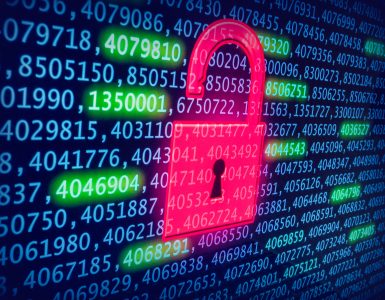 On July 18th, Quotidiano Nazionale, the Italian daily newspaper that groups together three other dailies, Il Resto del Carlino, Il Giorno and La Nazione, published an analysis by Professor Giusella Finocchiaro of the legal implications relating to the unauthorised online publication of photographs taken from an email box.
On July 18th, Quotidiano Nazionale, the Italian daily newspaper that groups together three other dailies, Il Resto del Carlino, Il Giorno and La Nazione, published an analysis by Professor Giusella Finocchiaro of the legal implications relating to the unauthorised online publication of photographs taken from an email box.
It is neither possible nor right to comment on the technical-legal aspects of a sentence, the motivations of which are still not known and which will only be filed within the next 90 days. This is the reason we must wait. We have read that the Court of Milan has acquitted three bloggers accused by the Public Prosecutor of illegally stealing photographs of George Clooney and Elisabetta Canalis’s party from the email account of one of the party’s guests. But we have no further details. The precise nature of the charges concerned unauthorised access to an IT system, illegal interception of communications and violation of correspondence. From the first press leaks we read that on the one hand the judge appears to have partly opted for acquittal because the case was unfounded and on the other hand has deemed the conduct of the accused to constitute the less serious offence of disclosure of other parties’ correspondence, consequently acquitting the accused, since, in the absence of a formal complaint from the aggrieved parties, the offence would not have been prosecutable.
Thus, partly (at least), basically technical reasons. We do not even have any knowledge of the evidence produced in court and the presentation of electronic evidence in the trial is still ground to be fully explored. Of course a general consideration does need to be made: the Internet is not the Wild West and all the rules including procedural rules are also valid online. The same rules that apply outside the Web also apply on the Web, with the difficulties that this at times entails (we only need to remember the case of Tiziana Cantone). So, if the judges have decided on acquittal we can be in no doubt that there is appropriate legal reasoning. But certainly, unauthorised distribution of photographs or a violation of correspondence, which have been satisfactorily proven during the proceedings, are illegal both on and outside the Internet.













Add comment